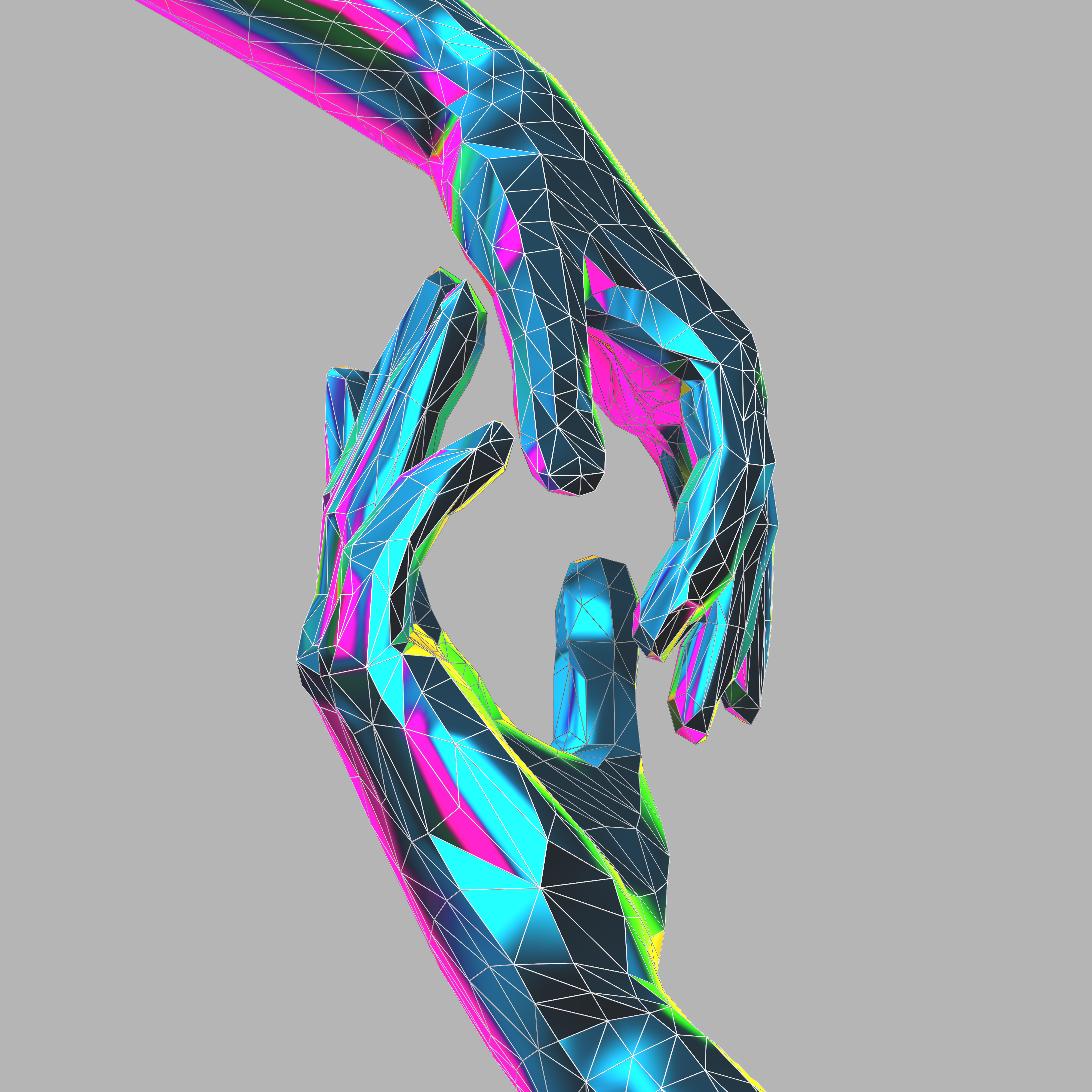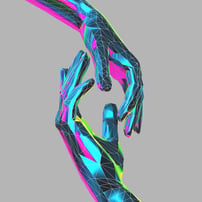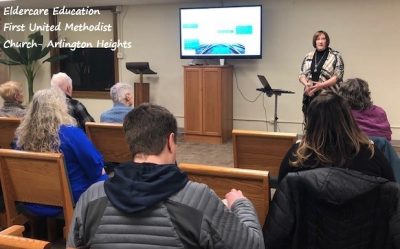Nobel Prize in Medicine: Touch Receptors

The 2021 winner of the Nobel Prize in Medicine has been awarded to Ardem Patapoutian. PhD, a neuroscientist at Scripps Research in La Jolla, CA for discovering cell receptors that enable people to sense heat, cold, pain, touch and sound. The award¹ is shared with David Julius, a physiologist at the University of California San Francisco.
By the time I tuned into NPR, Dr. Patapoutian was elaborating on the sense of touch, which is of special interest to me because of our program Compassionate Touch.
Dr. Patapoutian referred to this area of study as "an ignored part of biology" in that the sense of touch is essential to human life. The San Diego Union Tribune recalls a 2018 speech where Patapoutian stated, "We rely on our five senses to make sense of our environment... your sense of touch is amazing. You can sense an indentation about 1,000 thinner than a human hair."
"It turns out those mechanical pressure sensors control a wide array of biological needs, going far beyond the pain of a pinch or the pleasure of a caress, and extending to how one cell communicates with another, how we sense our body in time and space, how our organs move, and more."¹
The research is about the scientific response of cells, receptors, channels, nerves- way beyond my brain capacity, but I do understand the conclusion. Our sense of touch goes far deeper than we think. When we touch, we initiate nerve impulses that allows us to perceive and adapt to the world around us. Touch is essential to human life.
"Affective touch, like a hug from a friend, is a social interaction that many of us miss that's very important for our emotional health."
Dr. Arden Patapoutian
Dr. Abraham Verghese also says that touch is good medicine.
Affective Touch in Eldercare
"Touch can bring back the humanity in caring for the elderly."
Ann Catlin, OTR, LMT, recognized expert in the field of skilled touch in eldercare and hospice.
Utilizing the benefits of affective touch in eldercare is not new, however, it has been lost. Many experienced nurses working in eldercare have confirmed that back in day, touch was an expected and essential part of the caring protocol. Today, few caregivers are educated and trained on how to incorporate touch into caregiving protocols.
After offering Compassionate Touch to an elder, this was her response to me: "Honey, I will never forget you as long as I live. Nobody has ever done me like this before, and it felt so nice, thank you."
Interested to see how we can help you achieve results?

Want to learn more?






